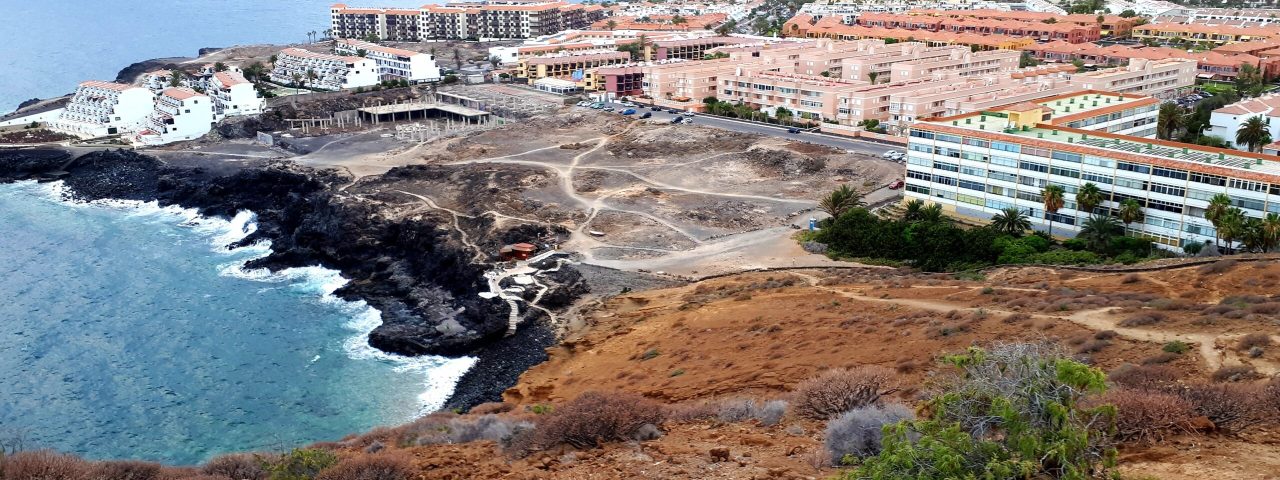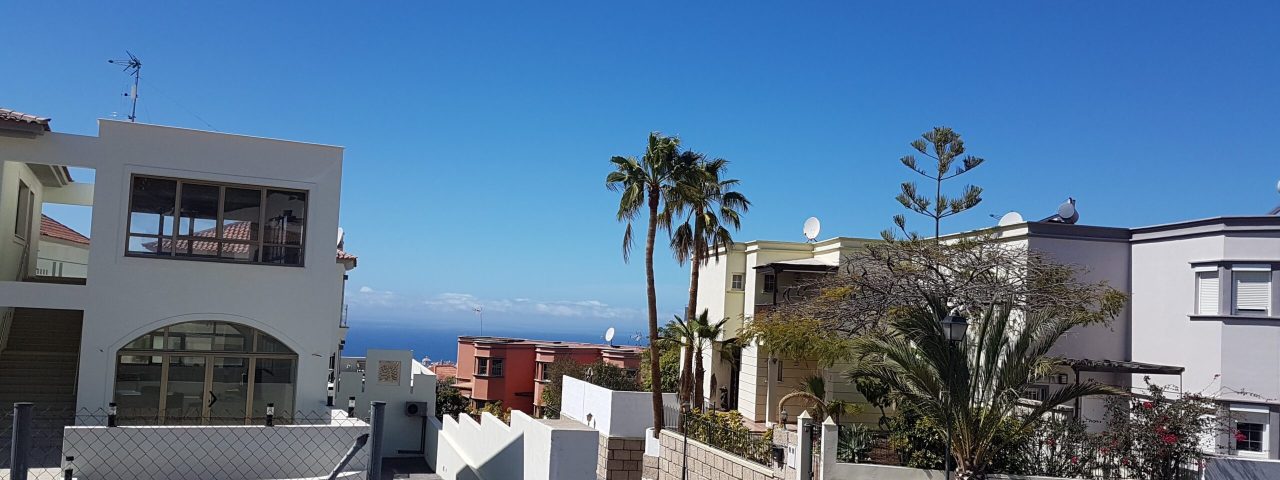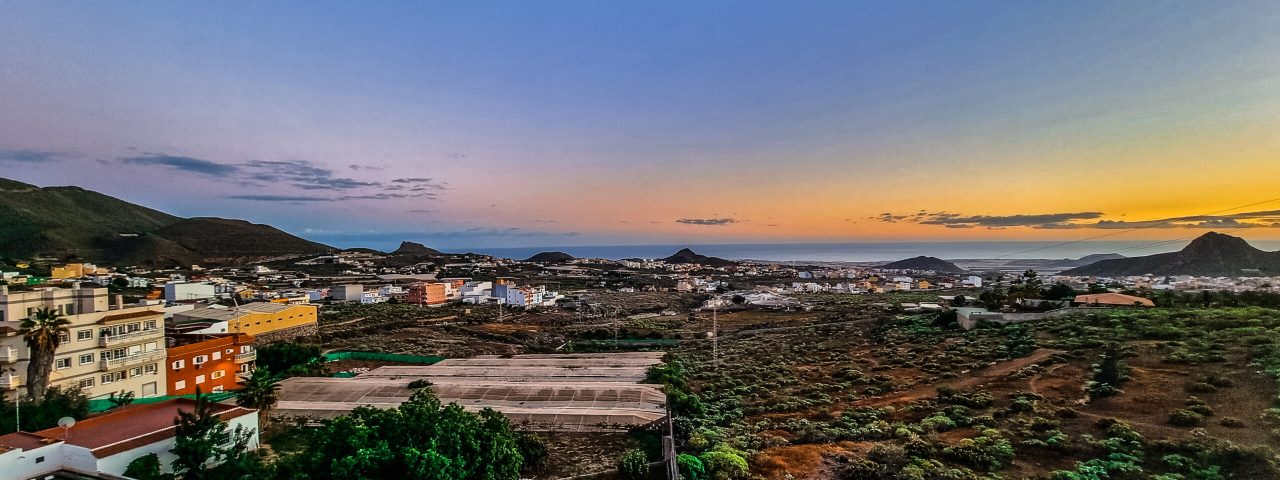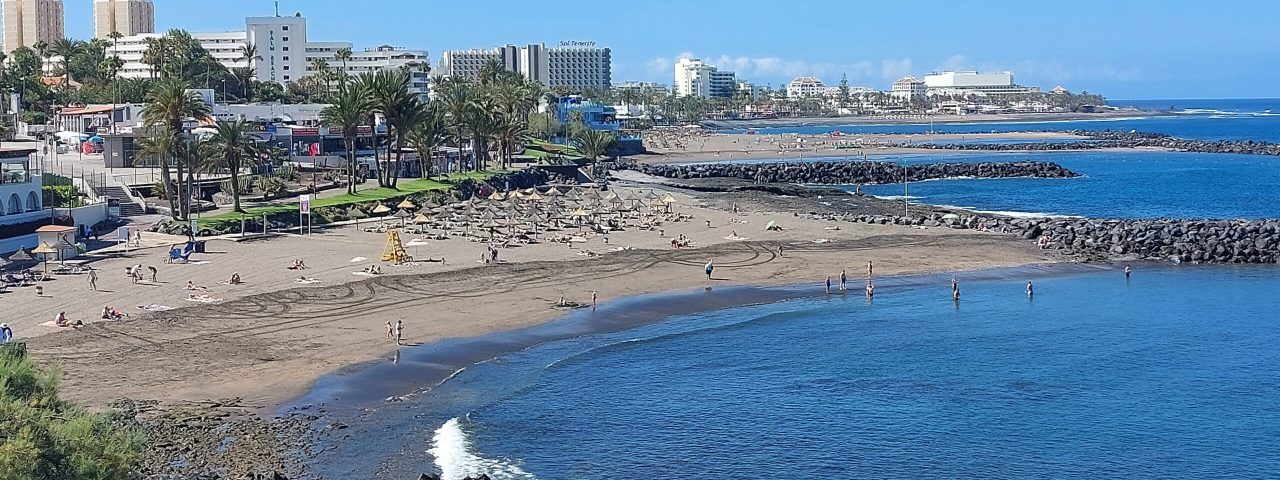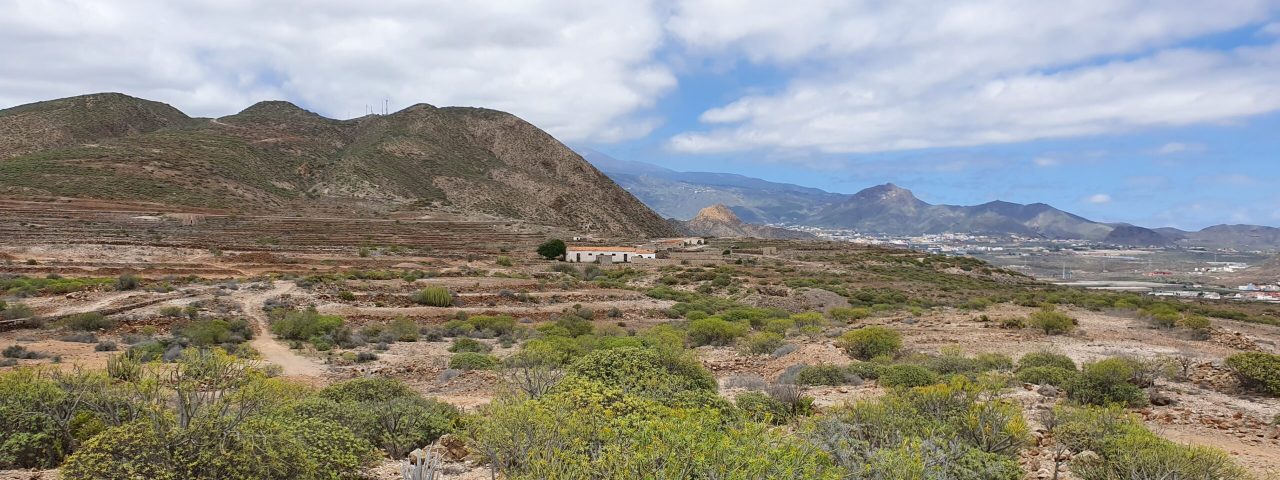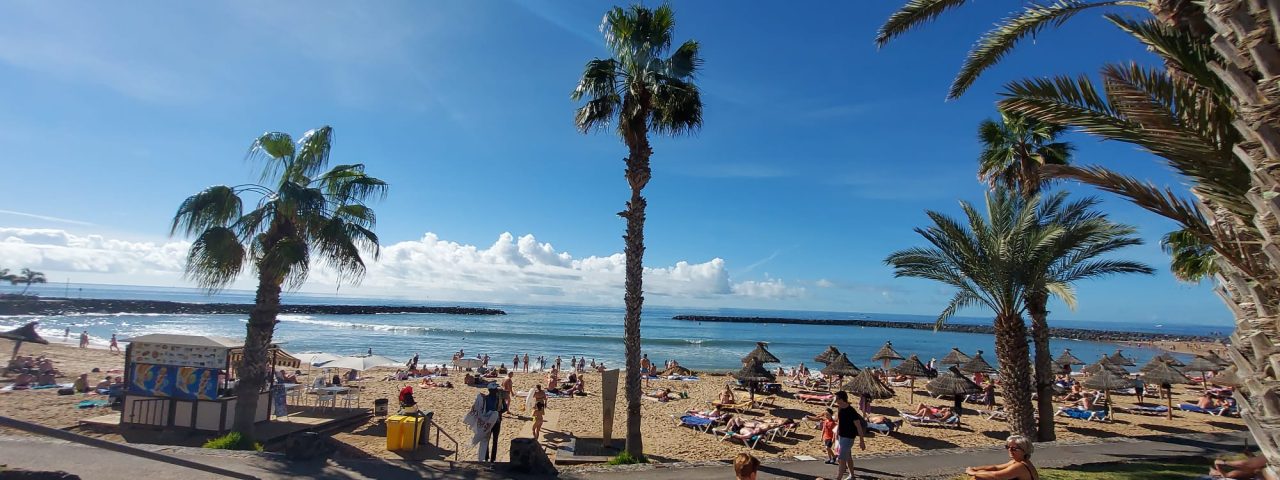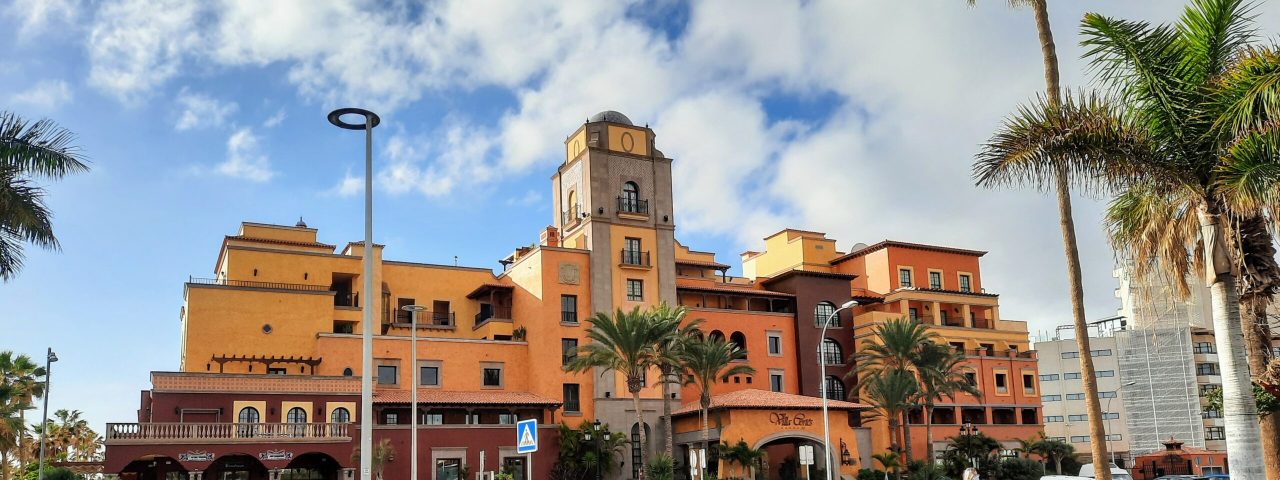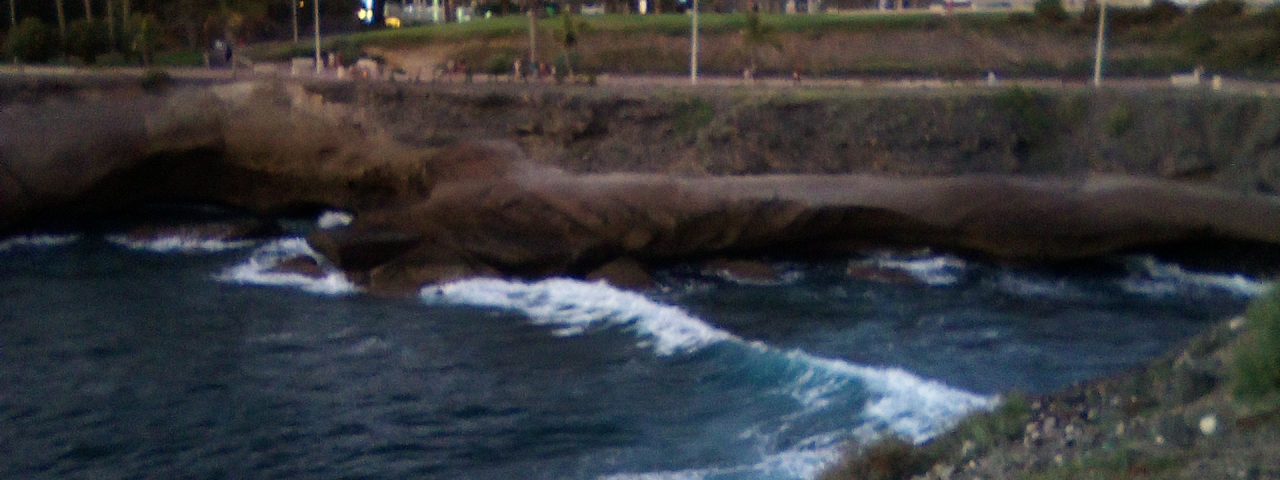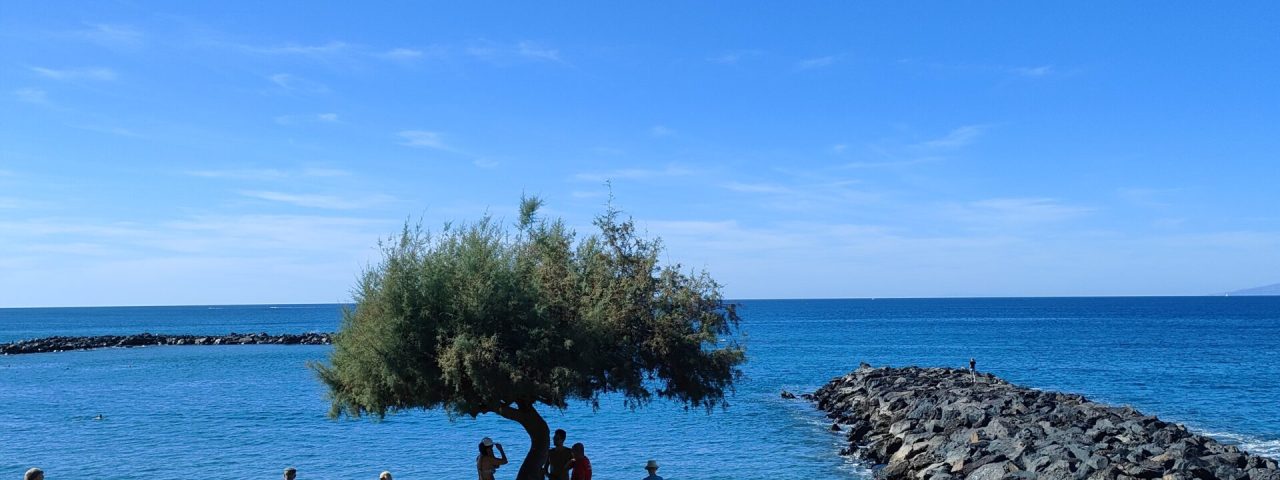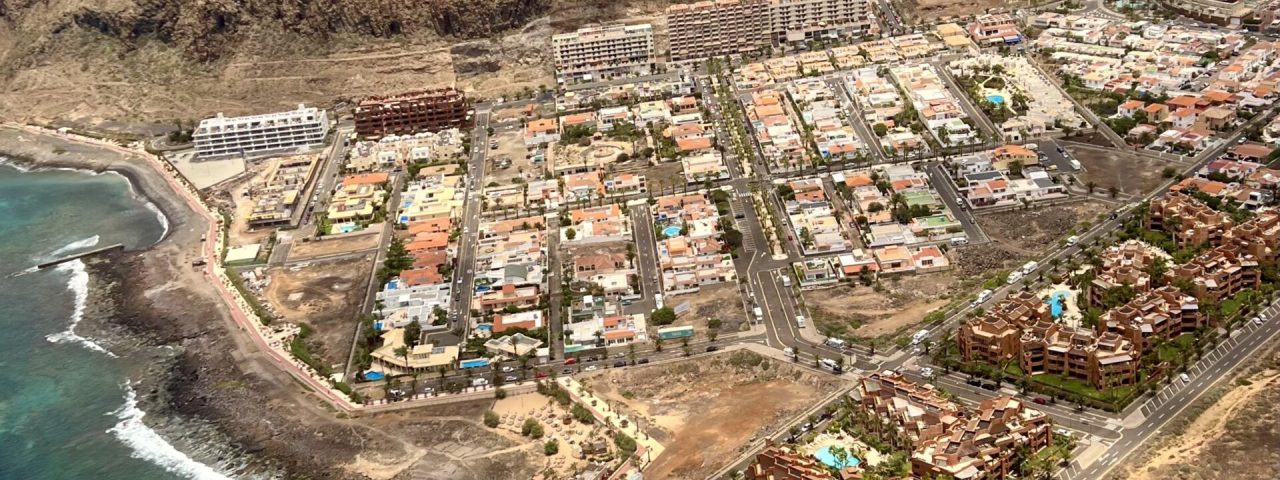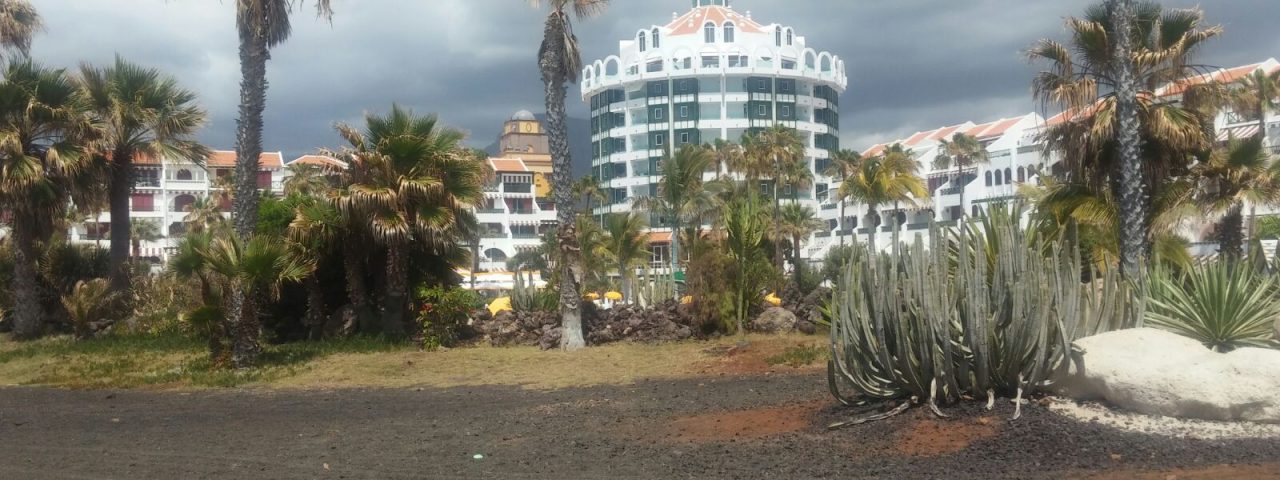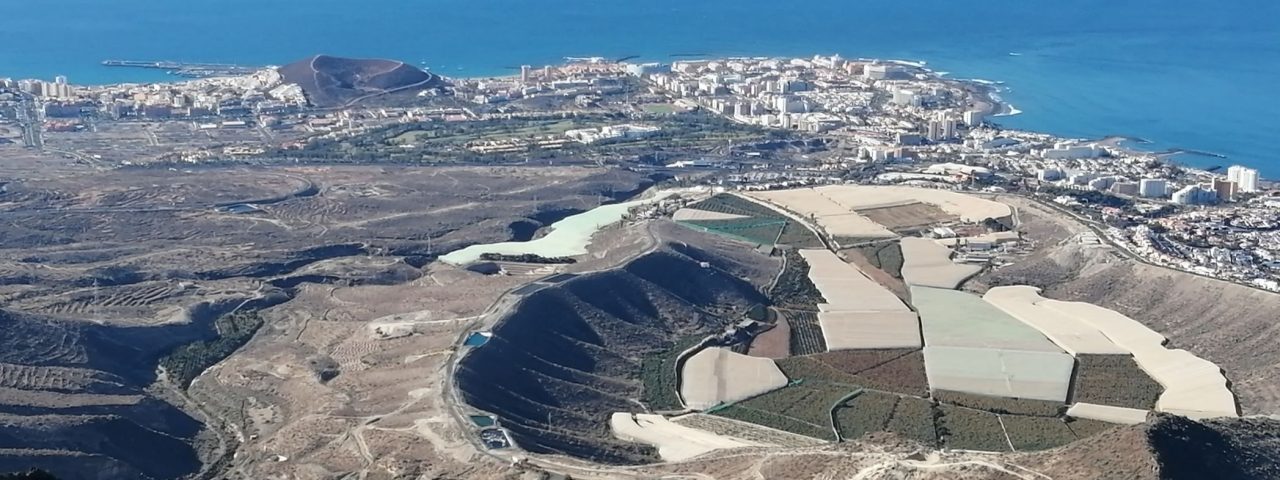Arona’s history is deeply intertwined with that of Tenerife and the broader Canary Islands. The area was originally inhabited by the Guanche people, the indigenous inhabitants of the Canary Islands, long before Spanish colonization in the 15th century. The influence of Spanish colonization has shaped much of the architecture and cultural landscape of the city, while still preserving elements of its indigenous heritage.
Arona celebrates many traditional Canarian festivals, with Carnival being one of the most notable. Held annually, Carnival attracts thousands of visitors who come to witness vibrant parades, costumes, and music, all inspired by Canarian folklore and Spanish traditions. The city also hosts the Fiesta de la Virgen del Carmen, honoring the patron saint of fishermen, which includes religious processions and festivities along the coastline.
Cultural customs are important to the locals, and visitors can witness traditional Canarian music and dance at various events throughout the year. Historical landmarks such as the Church of San Antonio Abad, a 17th-century structure, and the Guanche archeological sites reflect Arona’s rich history and deep-rooted cultural heritage.
